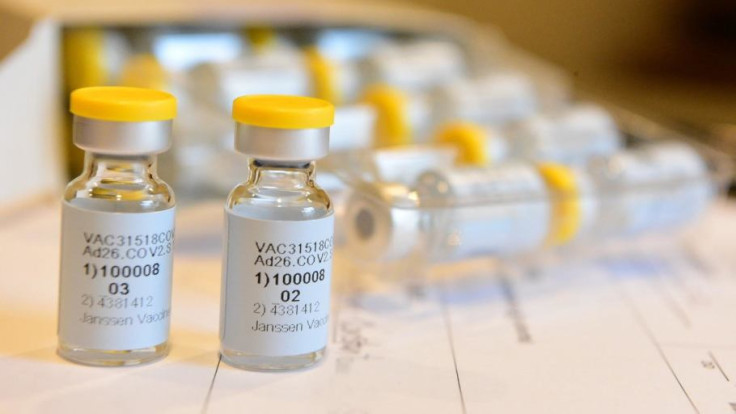Coronavirus vaccine from Johnson & Johnson begins phase 3 trials; fourth in the US
The final phase of its trials will include up to 60,000 adult subjects and will be distributed across 215 sites in the U.S. as well as globally.
To date, ongoing testing for several 2019 novel coronavirus vaccine candidates have been progressing with some minor setbacks. So far, the most notable involved the AZD1222 formulation from AstraZeneca and the University of Oxford, which was halted temporarily as one volunteer suffered an unexplained illness. After a thorough investigation, regulators allowed them to resume. Meanwhile, the Sputnik V from Russia likewise courted controversy over safety concerns. The latest update reveals Johnson & Johnson's jab will now enter phase 3 trials -- the fourth will be in the United States.
The final phase of its trials will include up to 60,000 adult subjects and will be distributed across 215 sites in the U.S. as well as globally. The vaccine candidate is developed by one of its subsidiaries, Janssen Pharmaceutical Companies. Participants are scheduled to receive their first dose on Wednesday. Other biotech firms in the country which are likewise on Phase 3 include Pfizer/BioNTech, AstraZeneca, and Moderna.
What does it take to create a #COVID19 vaccine? As #JNJ enters Phase 3 clinical trials for our investigational COVID-19 vaccine candidate, two @JanssenGlobal scientists break down the clinical trial process, from the preclinical stage through FDA approval: https://t.co/Z3GTTJyQzr pic.twitter.com/V8hwJu0DQD
— Johnson & Johnson (@JNJNews) September 23, 2020
According to Dr. Paul Stoffels, Johnson and Johnson Chief Scientific Officer, it will be a single-dose vaccine, unlike the majority that uses two and would likely produce results faster. In its first two phases of trials held in Belgium and the U.S., researchers observed that it induced the desired immune response. Furthermore, there were no major safety concerns reported which means it is eligible to move forward with large-scale trials.
Similar to the rest of coronavirus vaccine trials that have successfully progressed to the later phases, it is supported and funded by the federal government's initiative. Dr. Matthew Hepburn, Operation Warp Speed lead, said: "Even as Operation Warp Speed was coming together, Our National Institutes of Health colleagues really said, as we do multiple vaccines and multiple clinical trials, we need to harmonise this process as much as possible,"

Although the majority of tests have generated positive results and there are no indicated problems when it comes to the mass production of the vaccines, the distribution might be an issue. Depending on the storage requirements to keep the formulation stable, shipments intended for certain locations such as rural areas could be challenging. Johnson & Johnson's jab uses the human adenovirus technology approved by the European Commission.
© Copyright IBTimes 2025. All rights reserved.





















